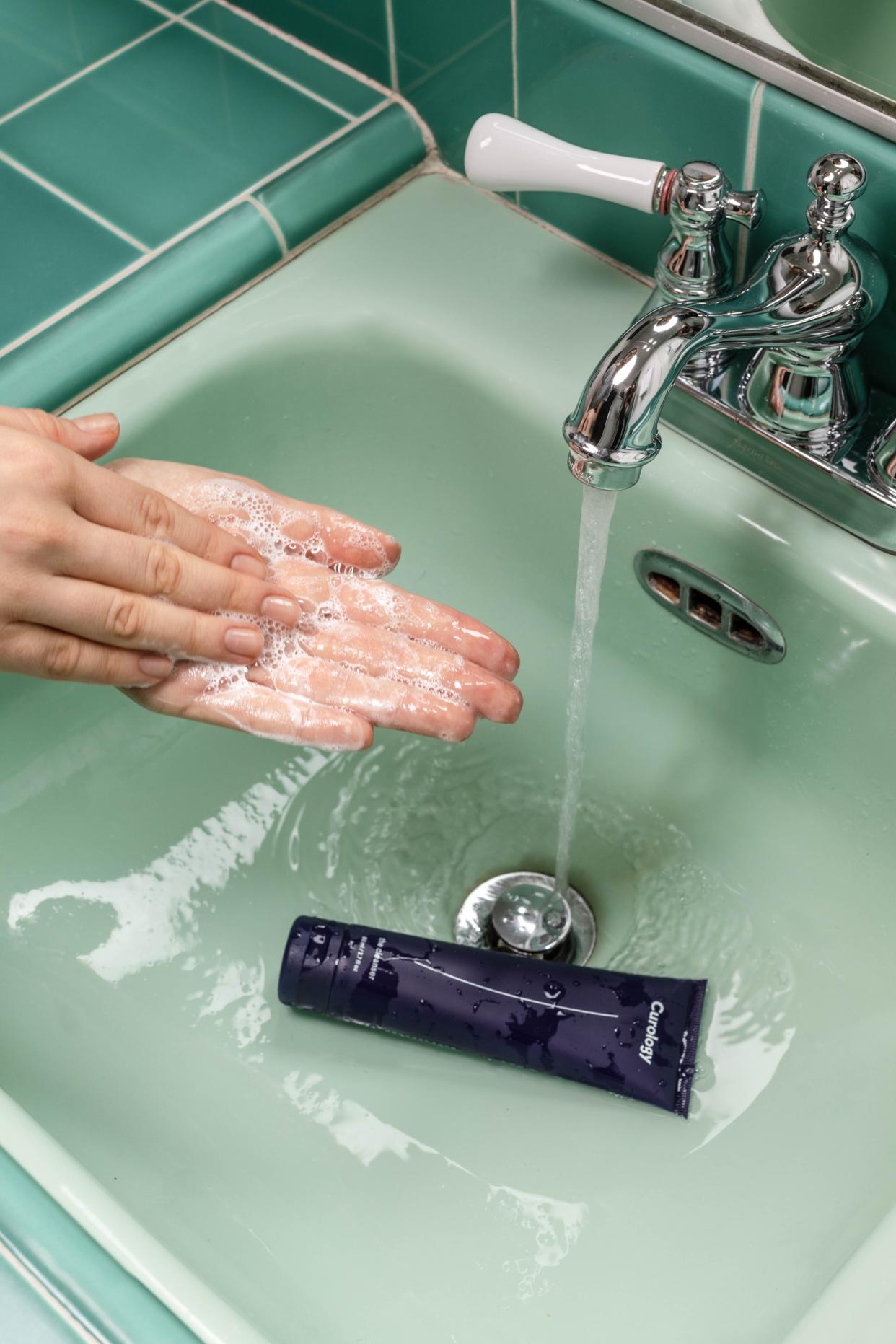Coronavirus: If you touch these 6 things, you definitely must wash your hands

The science behind washing your hands after washing your soap dispenser (yes!)
If you’ve been following Yahoo’s coverage of the Coronavirus, you’d have probably read about Dr Ignaz Semmelweis, the first person to suggest that doctors wash their hands to prevent spread of diseases. Even though his theory was initially rejected, he was disgraced and he died in an asylum in 1865, the practice caught on and is, today, at the centrestage of our planet’s war against coronavirus. But if you’ve wondered just how often you need to wash your hands then we have you covered. If you’ve touched these six things you definitely need to wash your hands.
1. Currency
The Reserve Bank of India has encouraged the use of digital wallets to make payments during these times. And for good reason currency notes and coins travel further than your imagination so there’s no telling where they’ve been. Researchers have found hundreds of pathogens including E. coli and Salmonella as well as hundreds of microorganisms on bank notes. Needless to say, it would help if you washed your hands soon after handling them.
2. Any animals
Physicians have confirmed that animals could potentially carry various diseases. And since pets are seen as being friendly, washing up after you’ve played with them is often ignored. While it is not advisable to touch your pets after you’ve used sanitisers (it is harmful for the pets), it would help to wash your hands before and after you’ve played with them or even patted them.
3. Mobile phones
Your touchscreen mobile phones can be dirtier than a toilet seat, according to some studies. It has also been revealed that some mobile phones can have as many as 17,000 bacterial gene copies. It would help if you clean your phone often using, say, a sanitiser. But it would be better still if you wash your hands after you use your phone because washing reduces transmission of pathogens.
4. Kitchen sponges and cutting boards
No matter how clean you think your kitchen is, it would help if you wash your hands after you wash your vessels or chop vegetables and meats using a cutting board. Truth is that kitchen is usually the most germ-heavy room in most homes because this is where you unload raw food, clean utensils and discard waste. According to one study, there were a many as 326 bacteria species on used kitchen sponges. No doubt, you’d be better off washing your hands properly with soap and water after you’re done with the dishes after dinner tonight.
5. Pretty much anything in a doctor’s office
You’d think that you can’t get sick after a visit to your doctor’s clinic, right? You couldn’t be more wrong. Even though your physician may be doing their best to keep their clinic sanitised, it’s impossible to prevent bacteria from surviving, even thriving. Just think of the number of patients who visit the doctor every day and imagine just how easy it is to catch a virus in your doctor’s office itself. So take a moment to wash your hands on your way out.
6. Soap dispensers
Yes you read that right. Soap dispensers are a haven for bacteria. Think of it and you’ll likely see how it may be true – you press the dispenser pump with your bacteria-laden hands and while you may be washing your hands the way you’re meant to, you’ve already transferred some of the bacteria on to the pump. According to one researcher, you may get more bacteria on your hand from a soap container than from sticking your hand in a toilet bowl! It may be helpful if you lightly wash the dispenser pump with soap before you go ahead and wash your hands.

 Yahoo News
Yahoo News 
